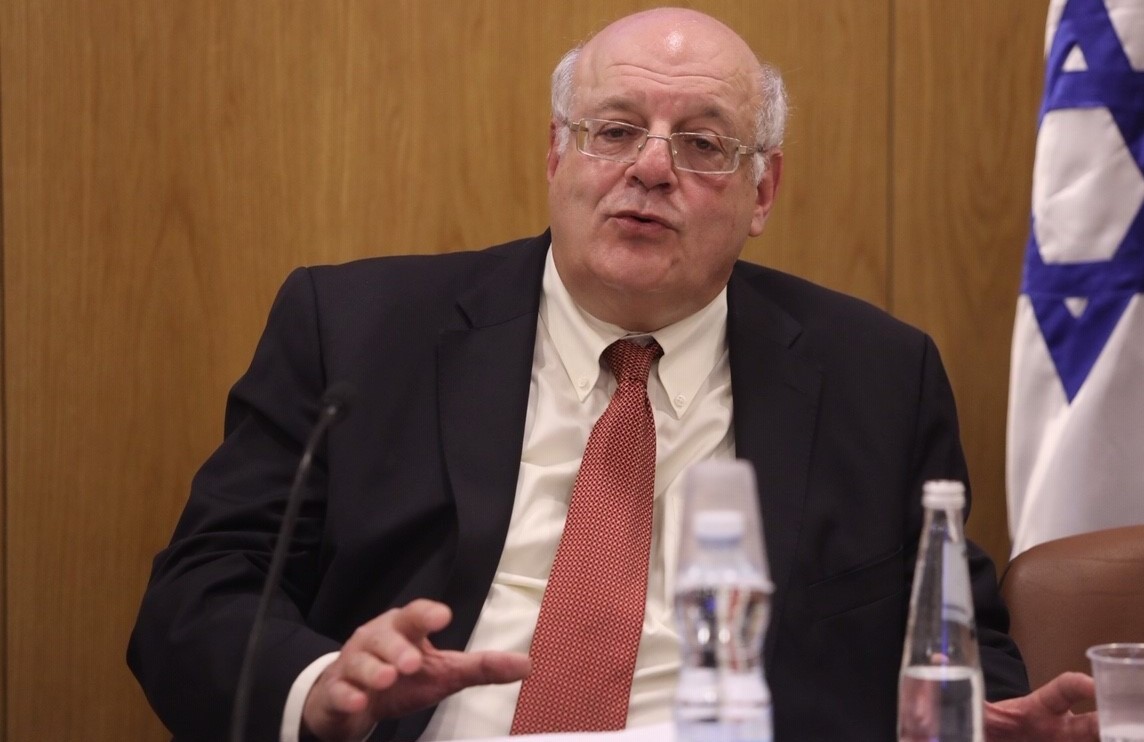In a blow to far-right Prime Minister Benjamin Netanyahu and his Likud Party, the head of the Central Elections Committee (CEC), Supreme Court Justice Hanan Melcer, decided Monday, August 26, to prohibit the Likud or any other political party from deploying cameras at polling stations during the September 17 general elections.
On the day of the previous general election (April 9), the Likud recruited some 1,350 Election Day polling-station observers and equipped them with hidden cameras to monitor polling stations in Arab towns and cities. The act was seen as an attempt by the Likud to intimidate Arab voters so that they would refrain from exercising their democratic right.
The Joint List praised the Justice Melcer’s ruling, saying that “The Likud’s effort to discourage voting in the Arab community failed.” The List vowed to respond to the Likud’s efforts by maximizing Arab voter turnout in the September 17 election. Joint List chair, MK Ayman Odeh (Hadash) also lauded the ruling in a tweet, saying, “The Likud’s loss is a victory for Arab citizens and the entire democratic arena. Right-wing voter suppression activists will have to sit at home – we will be sure to show up to get out the vote.”
Several human rights and civil organizations, including the Adalah- The Legal Advocacy Organization for the Rights of the Arab Citizens, the Israel Democracy Institute, the Association for Civil Rights in Israel, and the Movement for Quality Government, had appealed to the CEC to ban Likud from placing cameras in voting stations.
The day after the last election in April, public relations firm Kaizler-Inbar posted on Facebook about having participated in Likud’s hidden camera operation, and took pride and credit in having lowered the voter turnout in the Arab community. “Because of the fact that we placed our election observers in every polling station, the voter turnout [in the Arab sector] was lower than 50%, the lowest it has been in recent years,” the firm wrote.
Attorney-General Avichai Mandelblit said in a position paper that there was no legal authority to place cameras in voting stations, and that he believed doing so could be a criminal offense, constituting interference in the proper conduct of elections.
The Likud responded to Justice Mercer’s decision this week saying that is considering passing primary [quasi-constitutional] legislation prior to the election to upend his ruling.
Related:



